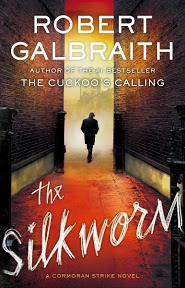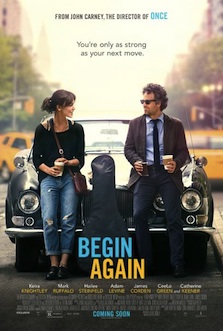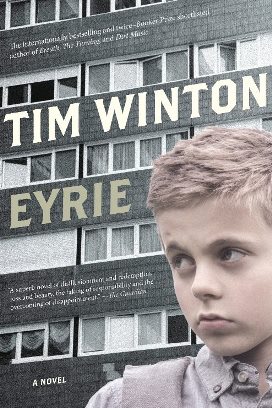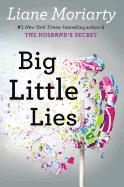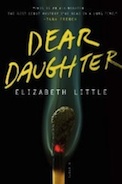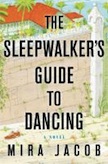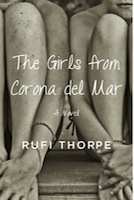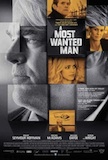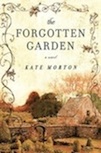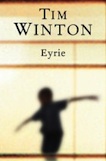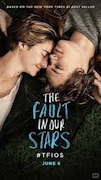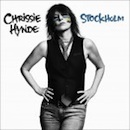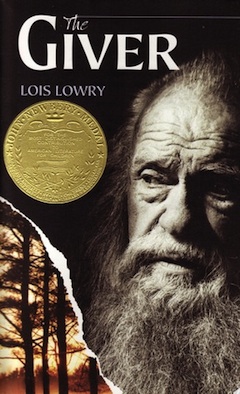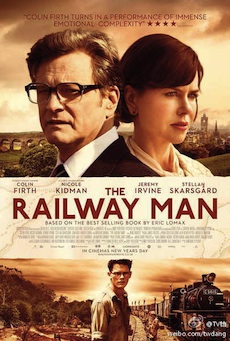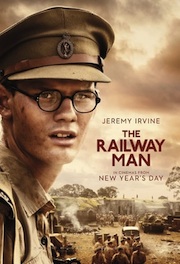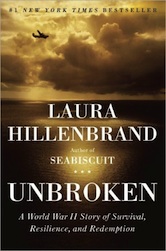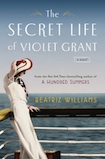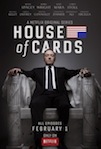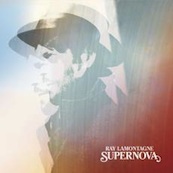
I was at the beach in California for a few days this past week and zoomed through this nonfiction book (pictured below), which proved to be a quick and moving read. “Crazy for the Storm: A Memoir of Survival” by Norman Ollestad was published back in 2009, but I didn’t cross paths with it until recently when I saw it on display in a bookstore in Canada. Come on, with a cover like that there was no way I was going to walk away from it, especially since the book has such terrific blurbs about it all over its front and back.

I was ready for an “Into Thin Air”-type of riveting, survival experience, but this is pleasantly something a bit different, a bit more. It’s mainly about a boy, his family, and particularly his father, living on Topanga Beach in California in the 1970s. The father is an adventurous-type of thrill-seeker who pushes his son from the age of three onward into the world of surfing, hockey, and competitive downhill skiing.
The father’s rather crazy thrusting his son into dangerous challenges at such a young age, but he also has a zest for life that’s quite admirable. The son both resents him for involving him in scary activities and looks up to him. But it’s only when a chartered plane they are riding in crashes in the California mountains does the son realize all that his father has taught him. Ultimately it saves the boy’s life, who is just 11 years old at the time of the crash in 1979 and is left to descend the treacherous peak alone after the three others onboard die.
The son (now in his 40s) narrates “Crazy for the Storm,” alternating chapters from what happened in the crash, to his life before that on Topanga Beach with his mom, her boyfriend, and particularly his relationship with his father. In one episode, he and his father take a long road trip, far south into Mexico and get stuck in a remote area. It turns out being both scary after they’re chased by the federales and exhilarating after the son experiences his first ride through the tube of a big wave.
The chapters of the crash itself are mind-blowing that the son got out at all, and sad that the others did not. His escape down a mountain in a blizzard is utterly heroic and the book is hard to put down. Moreover, throughout the memoir you get a feeling for the closeness of the father and son, their complicated relationship and the sports they shared together. It’s so sad that the son is robbed of all this in such a devastating accident at such a young age.
“Crazy for the Storm” captures the exotic life they led in Topanga, the unique bond they shared, and what the author hopes to pass along to his own son from his thrill-seeking father. Both poignant and illuminating, the book is one of the better memoirs that I’ve read in a long while.
What about you — have you read or seen this book? If so, what did you think? Or what memoir has been a favorite of yours?


